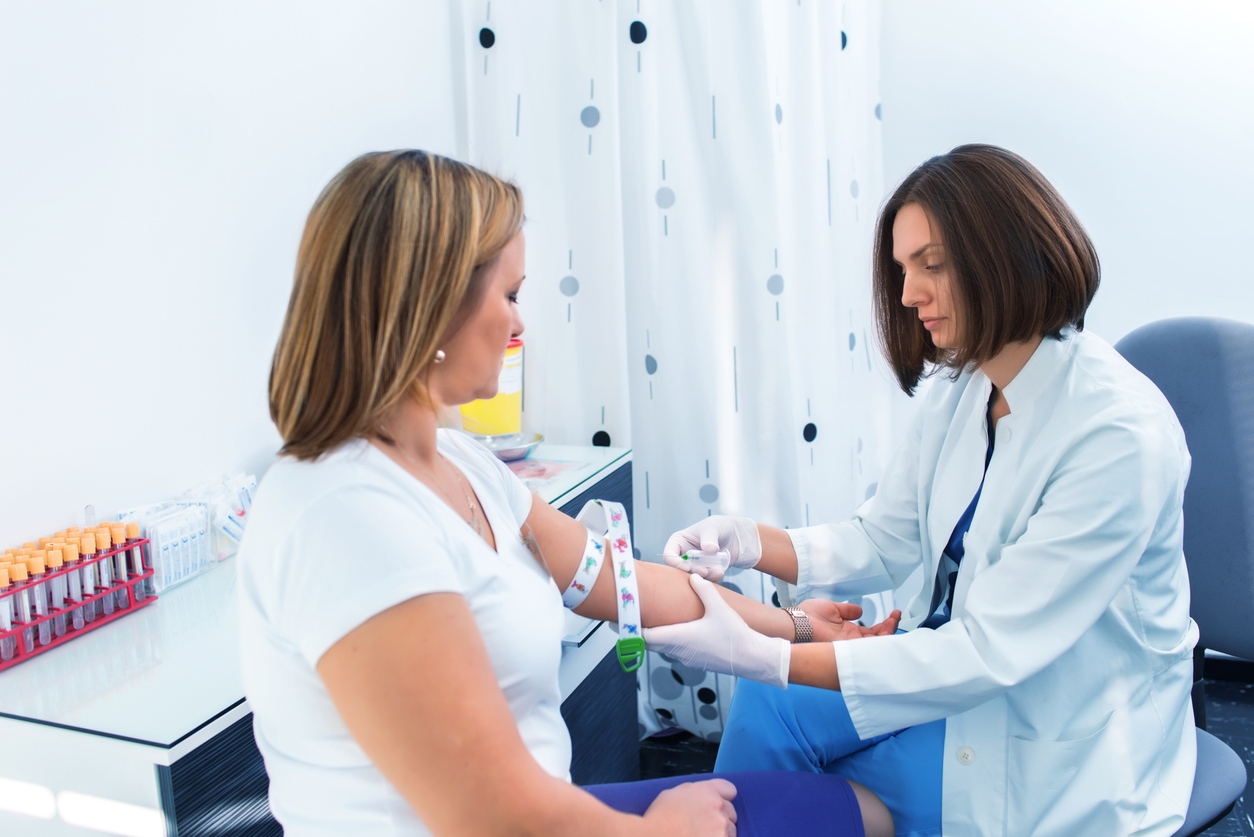In a rush to get serology tests out for public testing, it appears that the FDA hopped, skipped, and jumped a bit too far by not first requiring at a minimum, review of the tests and the validation of the tests through an Emergency Use Authorization (EUA) prior to them going on the market. There is obviously a need for such testing, but the reliability of the tests are paramount to being able to make any reasonable assessment as to even the potential for immunity of patients that test positive for antibodies to COVID-19.
Remember, while we are all learning more about the virus day by day, there is still no definitive data to support two basic need-to-know issues; (1) does the presence of an antibody mean the patient is immune to being re-infected, and (2) if so, how long does the immunity last.
The House Committee on Oversight and Reform’s memorandum (here detailing their investigation of the antibody testing issued the following preliminary findings:
- White House plans to reopen economy are flawed by their dependence on coronavirus antibody tests, which face unanswered scientific questions of utility and accuracy.
- The Food and Drug Administration (FDA) did not review any coronavirus “rapid” antibody test kits before they went on the market, and a lack of enforcement by FDA has allowed manufacturers to make fraudulent claims about their efficacy.
- FDA is unable to validate the accuracy of antibody tests that are already on the market, and companies are ignoring requests from the Department of Health and Human Services (HHS) to voluntarily submit their tests for validation.
- FDA and the Centers for Disease Control and Prevention (CDC) have not put forth standards and guidelines for serological antibody tests, departing from practices governing molecular tests.
- FDA has failed to police the coronavirus serological antibody test market, has taken no public enforcement action against any company, and has not conveyed any clear policy on serological tests, but rather has issued a series of unclear “clarifications.”
- Numerous companies appear to be marketing fraudulent tests.
Don’t get me wrong, I am not pointing the finger at the FDA, as they have been peddling as fast as they can trying to keep up with this the almost too-numerous-to-count tentacles of this pandemic. But in this instance, in my opinion, they need to take a step back with the many antibody tests already being developed and review the appropriate validation and reliability of the tests. Failure to do so will have a significant impact on interpretation of test results.
The Report contains additional information on some of FDA’s specific actions already taken against some of these test makers and promoters, as well as data on the reliability of some tests purchased in bulk from overseas. FDA will be reevaluating its policy and will likely require laboratories to validate their assays, and for “rapid” tests (like is the case in OTC pregnancy tests), validate their results to determine their reliability and accuracy. After all, a false negative or positive result can be just as bad as not taking a test at all.




